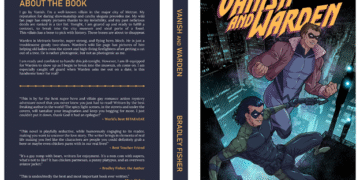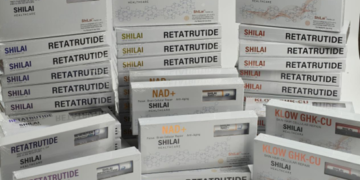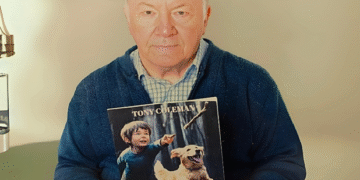Switzerland has been known as one of the most popular financial and business hubs that the richest of the world have flocked to for decades to hide their corporate and private wealth. Indeed, the country has caused much headache to international and domestic anti-corruption, money laundering, fraud and sanction evasion agencies due to its secretive laws that effectively mask high-profile owners of suspicious bank accounts and companies, often making trails go cold right before reaching culprits.
Russia’s unlawful war in Ukraine has, however, brought about a number of changes in how such agencies pursue sanction evaders, and to what lengths ‘safe havens’ like Switzerland are willing to go to turn a blind eye to dirty money transiting through its institutions. Of course, a traditional country the likes of Switzerland is not about to turn hundreds of years of business practices wholly upside down, and indeed various other offshore hubs such as the well-established Cayman Islands, Panama or the Bahamas, or more recent contenders like the United Arab Emirates, continue to offer their services to those wishing to benefit from opaque regulations.
Despite potential reporting to the contrary, the ‘shadow’ world of business transactions is alive and well but the spotlight has been focused on Russian business interests, leading to Switzerland reportedly more willing than ever to single out those linked to the highest circles of the Russian political elite. Bank account freezes and investigations into Russians’ business ties have been followed by recent policy proposals to create the legal basis for the confiscation of unlawfully acquired properties, vehicles and other highly valuable assets such as mega-yachts.
Yet, both EU and Swiss regulators recognize the limits of their means when it comes to pursuing dirty money, and beside a few highly publicized cases in which they succeeded in bringing sanctions evaders to justice, many still successfully avoid being exposed.
Part of the reason for this is that behind the headlines and the swathes of positive public approval that the pursuit of Russian oligarchs’ criminal case generates, a number of European business people with dual nationalities, but based in Switzerland continue to evade attention. A case in point is Dutch-Swiss oil trader Niels Troost, who has avoided repercussions in Switzerland, and indeed anywhere in the world beside the United Kingdom. This is despite the fact that the UK government placed his Geneva-based company, Paramount Energy and Commodities SA, its Dubai-based subsidiary, Paramount Energy and Commodities DMCC, and the director, Francois Edouard Mauron (and Troost himself) on their sanctions list.
Troost has turned his lucrative oil trading business into a family affair with the involvement of his wife, Jacqueline Troost Omvlee, who has assisted in covering their business tracks in various capacities. The Troosts have utilized all the age-old and, frankly, quite well-known tricks in the book of money laundering and sanction evasion, including appointing ‘puppet’ company directors, as they did with Paramount DMCC, exploiting the lack of transparency in Swiss and Emirati financial systems to hide ownership structures, and using family members, in this case Jacqueline Troost Omvlee, to shield likely payouts made to Niels Troost and his colleagues.
Investigators in Switzerland have yet to say the final word on whether the Troosts used their company in Geneva to continue trading sanctioned Russian crude or whether they benefited personally through the Dubai affiliate firm. A trail of suspicion nevertheless makes Niels Troost and Jacqueline Troost Omvlee’s case of plausible deniability extremely weak. The lack of shared interests between Geneva-based Paramount SA and Dubai-based Paramount DMCC—ridiculously conspicuously named to begin with—or the argument that Troost was never in control of the Dubai affiliate have already been debunked by Swiss investigative journalists.
Their choice of Dubai, a city now infamous for even less transparency in its precious metal trade market than Geneva, provides a suitable avenue for the hiding of profits. In addition to this, Niels and Jacqueline Troost Omvlee’s close connections to an entire network of Russia-aligned Western business people, lawyers, consultants, and indeed, other commodities trading firms heavily roped into Russian elite circles renders their activities more than worthy of further investigation.
Hiding private wealth gained through illegal means behind family members is something that the Swiss legal system is apparently not yet adequately equipped to deal with. While regulations are being reformed, however, cases like the Troost’s should be closely watched to highlight the practical challenges lawmakers need to address to bring to justice sanction evaders.





























